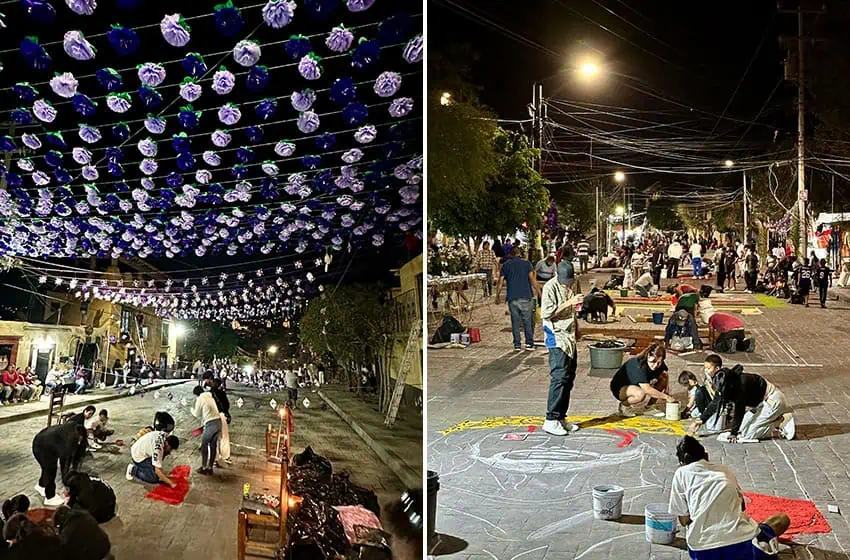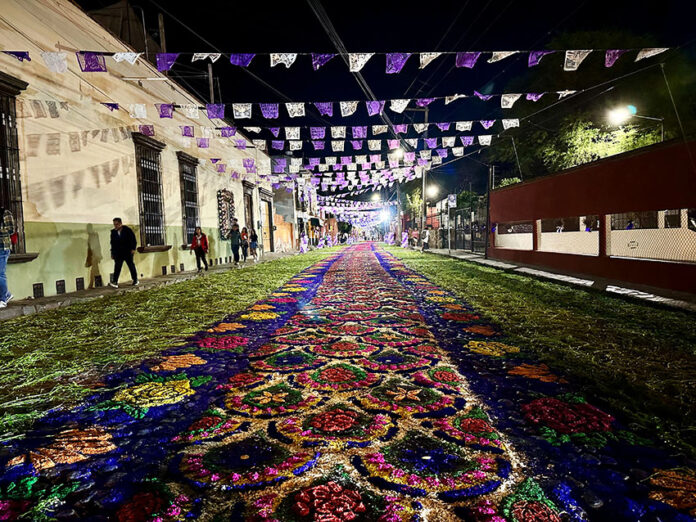I have been listening to a lot of talks on the advent of generative AI lately. Bill Gates has publicly said that within 10 years, AI will replace many doctors and teachers and that humans won’t be needed “for most things.” Many famous people have predicted that sentient AI is not too far away. In fact, Gates and other prominent tech CEO’s have said that AI is the biggest trend defining the next decade, more than trade wars and geopolitics. Whether or not we believe AI will advance that quickly, there’s an intriguing question before us: If AI does enough work to free us up to do other things, what will we do with all that extra time?
I used to love watching Jerry Seinfeld; it still never gets old. I have always been very intrigued by his take on the value and definition of time. He has said, “The secret of life is to waste time in ways that you like.” Note that he uses the words “waste time” and not “spend time.” I have also heard him say that while most people think our life is too short, he disagrees, saying life is in fact too long. Seinfeld argues that the concept of “quality time” is flawed — all time is quality time. In fact, unproductive moments like eating cereal late at night or lounging on the couch can be most valuable, he says.

This message has always intrigued me but ironically, I didn’t really have the time to unpack it until recently. To be able to fully appreciate this concept, I first needed some empty space in my very full brain. That space had to be created in an environment where time slowed down for me, gifting my brain extra capacity to reflect and process. Time slowed down when I moved to Mexico.
I needed this space to go back to my childhood, adulthood and middle age-hood memories. When I was younger, time passed too slowly. I was bored, always in a hurry for the next thing in life. As I have gotten older, time seems to pass too fast and I feel like I am running out of time. As a result, I am more protective of how I spend time. I have realized that in the long run, my relationship with time has been fluid and not linear. Let me explain.
In my Americanized adult brain, time is linear. It moves relentlessly forward, creating an urgency to maximize each moment before it’s irretrievably lost. Time is something to be captured, conquered and made the most of, because it doesn’t come back. It is a commodity, a precious limited resource, and therefore the goal is to get mastery over time. In the western culture we are taught to monetize time: “Time is money.” It is a token that should be converted into an achievement or something material like wealth. Workers are paid by the hour, lawyers charge by the minute, and advertising is sold by the second. The value of time is associated with economics rather than experiences. That scarcity mindset around time has been hardwired in my brain.
Over the past few years, observing how Mexicans spend time with each other — at work, while eating, over holidays, at night or with friends and family — I feel like they don’t value time the same way I was taught. In Mexican culture, it seems as if time is not valued for its productive capacity, but rather in the context of quality and the completeness of experiences. Even at work, one often sees Mexicans taking the time to smile, to laugh, to walk and have a coffee together. Somehow, the human experience is intertwined with time in a way that it not so linear.

The concept of “ahorita” (literally “right now”) illustrates this concept around circular nature of time. When a Mexican says “ahorita,” it doesn’t actually mean something will happen immediately; it just means “not right now.” Some other time, maybe now, maybe later, it’s certainly not never. It is almost like Mexicans culturally are wired to be able to bend this concept of time; they will get to it when they get to it.
This concept can be seen in Mexican traditions and festivals that celebrate life and death. For example, the Day of the Dead aligns with the arrival of monarch butterflies, symbolizing the connection between seasonal changes and ancestral remembrance. Such Mexican traditions reinforce the view that the concept of time is synonymous to the cyclical nature of life itself.
Living in Mexico has made me question for the first time: Why does time exist? Does time exist for us to experience life or it is a token to be converted into things? When an experience is valued beyond the context of “time is money,” the idea of “waste” (per Seinfeld’s quote) shifts dramatically. I think the Mexican concept of time is intertwined with fundamental questions of being and meaning. Time is not a token to exchange. Rather, Mexican culture tends to view it as a rhythm; a rhythm intertwined with agricultural rhythms and connected with spirituality via the cycle of birth and death.
I will leave you with an example to illustrate what I mean. The other day here in San Miguel de Allende was an event commemorating Jesus on the cross (El Señor de la Columna). My Mexican friend Claudia told me that she planned to stay up all night with her family, friends and neighbors celebrating the festival. Upon hearing that, I rolled my eyes thinking there is no way I would pull an all-nighter at this age — I would feel like crap the next day and I like a good night’s sleep too much. In fact, the last time I pulled an all-nighter was when I was 20 years old, watching two consecutive sun rises and drinking a lot of beer in between. Claudia is in her 50s, yet she pulls an average of eight to 10 all-nighters per year — some with her 80-plus-year-old mom — cooking, eating, dancing, talking, laughing with her family in celebrations or participating in community activities.

I have included some photos of what happened during that night in San Miguel de Allende a few blocks away from our home. When I saw them, I understood what I missed out on by choosing to stay home. Married to my routine, I was too worried about being tired the next day and as a result, I missed out experiencing something magical.
Now, I am not suggesting I should do what Claudia does regarding all-nighters. But upon reflection, I am challenging my own definition of time and its value in productivity versus experiences.

I also admit that as a professional, in a work environment, I would not do well with the concept of “ahorita.” However, as I have gotten older, I have realized that there is a difference between doing and being, and I could have definitely benefited from a more balanced view of this concept earlier in my life. The fact is, one doesn’t get a sense of belonging out of productivity. That only comes from shared experiences — and the feeling of belonging is something I routinely crave in my life.
So — in the next decade (or less than that), if humans won’t be needed to do most things, what will we do with our time? I believe it will challenge us to ask some fundamental questions around our identify and existence rather than seeking mastery over time. Perhaps we will have to understand the difference between “spending” versus “wasting” time. Do you know what you like to waste time on? For my brain, it will take some re-wiring, which I will discuss part two of this article, next Saturday.
Tamanna Bembenek was born in India, studied and worked in the U.S. and now lives in Mexico with her husband, Travis. They are the co-owners of Mexico News Daily. Check out more of Tamanna’s writing, below.
The paradox of simplicity: A perspective from MND co-owner Tamanna Bembenek
Becoming a kid again: How Mexico has unleashed my inner childhood superhero
Mexico and mental health: Exploring the power of traditions and faith
